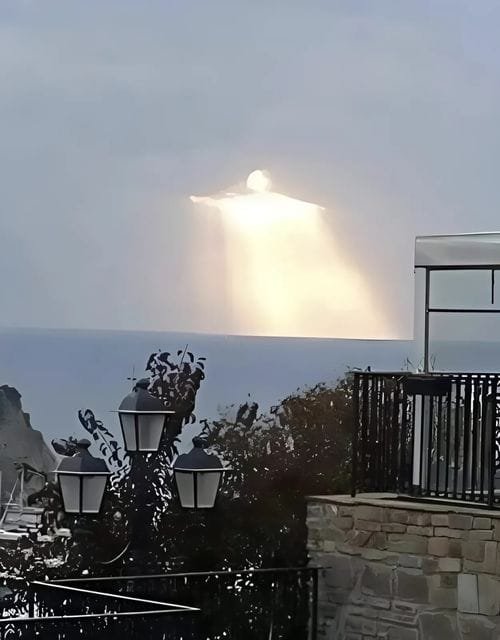It was a warm, quiet afternoon when I saw my son, Brian, for the first time in four years. Standing on my doorstep, he looked different—not just older, but hardened. A man in a crisp suit with a briefcase stood beside him, exuding an air of professionalism. For a split second, I thought my son had come back to make amends, maybe to bridge the chasm that had grown between us since his father’s passing. But that hope vanished as Brian introduced the stranger.
“This is my attorney,” he announced, his voice devoid of any warmth. “I’m here to inform you that you need to vacate this house. You have until tomorrow, or we’ll take it to court.”
I was stunned. This was my home, the one I’d shared with his father, and the place I’d kept going long after Brian had left. Right after his father’s funeral, Brian had taken everything he wanted—his father’s car, watches, and any cash he could find—then disappeared. I hadn’t heard from him since.
I looked at the lawyer, hoping there was some mistake, that this was all a misunderstanding. As I searched his face, something about him seemed familiar, a faint trace of recognition in his eyes. He gave me the smallest wink, quick enough that Brian didn’t notice. I felt a flicker of something, an old memory I couldn’t quite place.
“What are you talking about, Brian? This is my house. Your father left it to me,” I said, my voice barely holding steady.
Brian crossed his arms, a cold smile spreading across his face. “I don’t think so. You’ve overstayed, Mom. It’s time to move on.”
The lawyer cleared his


